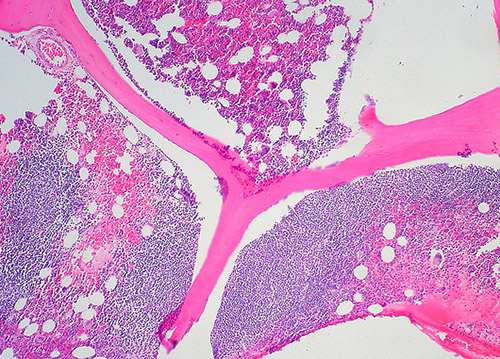
AsianScientist (Jan. 23, 2012) – Researchers from Brisbane, Edinburgh, and Aberdeen have revisited about 2,000 people who had intelligence tests in 1932 or 1947, and shown that genetic factors may account for about a quarter of the changes in intelligence over their lives.
People vary in how well they age cognitively; when people take intelligence tests as children and then again in old age, some people have the same IQ, others decline relative to their intelligence in childhood, and yet others improve.
The researchers were keen to understand what drives these changes in lifetime cognitive aging, in particular whether there were any genetic factors that could explain some or all of the variation in cognitive aging.
“Identifying genetic influences on intelligence could help us to understand why some people age better than others in terms of intelligence,” said co-author Prof. Peter Visscher, from the Queensland Brain Institute (QBI) and the University of Queensland Diamantina Institute.
In June 1932 and June 1947, intelligence tests were carried out on almost all children born in Scotland in 1921 and 1936, respectively. Lead author Ian Deary and colleagues successfully tracked down 1,940 of these people who, then aged from 65 to 79, agreed to be re-tested and to give samples for DNA analysis.
Using genome-wide single nucleotide polymorphism (SNP) data from unrelated individuals, they estimated that about one quarter of the change in intelligence from childhood to old age was due to genetic factors.
“Until now, we have not had an estimate of how much genetic differences affect how intelligence changes across a lifetime,” said Prof. Deary of the University of Edinburgh’s Center for Cognitive Aging and Cognitive Epidemiology.
“The results partly explain why some people’s brains age better than others. We are careful to suggest that our estimates do not have conventional statistical significance, but they are nevertheless useful because such estimates have been unavailable to date,” he added.
It still remains for researchers to identify exactly which genes are involved, and such a discovery could help explain the mechansims behind healthy brain aging, and cognitive decline caused by diseases such as dementia.
The article can be found at: Dreary IJ et al. (2012) Genetic contributions to stability and change in intelligence from childhood to old age.
——
Source: Queensland Brain Institute.
Disclaimer: This article does not necessarily reflect the views of AsianScientist or its staff.












